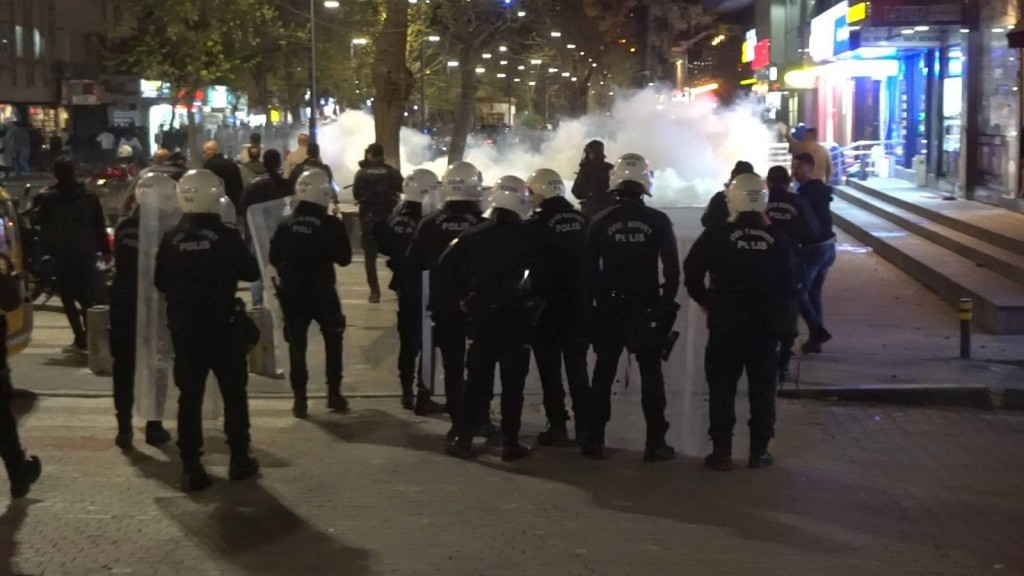The International Press Institute (IPI), a global network of editors, media executives, and journalists for press freedom, has expressed fear that the new regulations on press cards published in Turkey’s Official Gazette on December 14, 2018 would further stifle independent journalism in the country.
On December 14, a new regulation on “yellow” press cards was published in the Official Gazette. Both local and international journalists’ organizations have expressed concern over the changes relating to the issuance and cancellation of press cards. Following the closing down of the General Directorate of Press and Information in July 2018, press cards will now be issued by the Communications Directorate of the Presidency. The press cards allow journalists access to high-level government press conferences and events.
Read more about the censorship of government departments in press conferences via Whatsapp groups.
IPI is alarmed over the provisions made in the new regulation as these would make cancellation of press cards easier, citing journalists’ criminal records. The new regulations state that journalists facing criminal charges can be denied a press card by the government. Hundreds of journalists are currently subject to criminal charges, most of them targeted and prosecuted for “terror charges” with often their journalist work alone cited as “evidence”.
The Article 6 of the new regulations, which determines the necessary conditions for journalists to be granted a yellow press card, states that a journalist should not have any conviction on “terror-related charges”. Also, Articles 29 and 30 that regulate the cancellation of press cards, says that press cards of those who have been sentenced on terror charges will be revoked and not to be granted again.
Also, a new clause has been added to Article 29 concerning the behavioural attitude of journalists. Article 29, clause (h) specifies that journalists who “behave against the national security and public order” will be disqualified from holding a press card and will not be re-issued later. There is no clear definition of what the government considers ‘behavioural attitude’ to be.
In the last couple of years, anti-terror laws have been used excessively to file lawsuits against journalists and independent media outlets. At least 159 journalists are currently in prison and many more on bail and subject to police controls, the majority of them are accused of charges ranging from terrorism to treason. The government shuttered almost 180 media organizations following the attempted coup in 2016.
According to IPI’s Trials Calendar, more than half of the cases against journalists were based on the charges of either “membership of a terrorist organization” or “making terrorist propaganda via the press”.
Local journalists’ unions claim that that press laws have been amended to empower government to suppress media freedom.
“This is an attempt to cancel official press cards for journalists who have been sentenced due to laws frankly influenced by the government. This new regulation is a clear sign that press cards will only be issued to pro-government journalists,” Secretary General of the Journalists’ Union of Turkey (TGS) Mustafa Kuleli said. “If the Presidency do not step back, we will start issuing press cards as the journalists’ union.”
IPI condemns all attempts by the government to silence critical journalists and those who work for independent media outlets by making amendments to the press law.
IPI Head of Advocacy Ravi R. Prasad emphasized that the new regulation on press cards indicates another sign of the excessive use of state power to muzzle journalists and silence critical media.
“We vehemently condemn the new regulations, as this a blatant attempt by the government to gag journalists who do not tow its line and have the courage to report independently,’’ Prasad said. “No amount of intimidation and harassment can silence critical voices and independent reporting.”
The new regulation on press cards should be reconsidered in consultation with local journalists’ associations.




